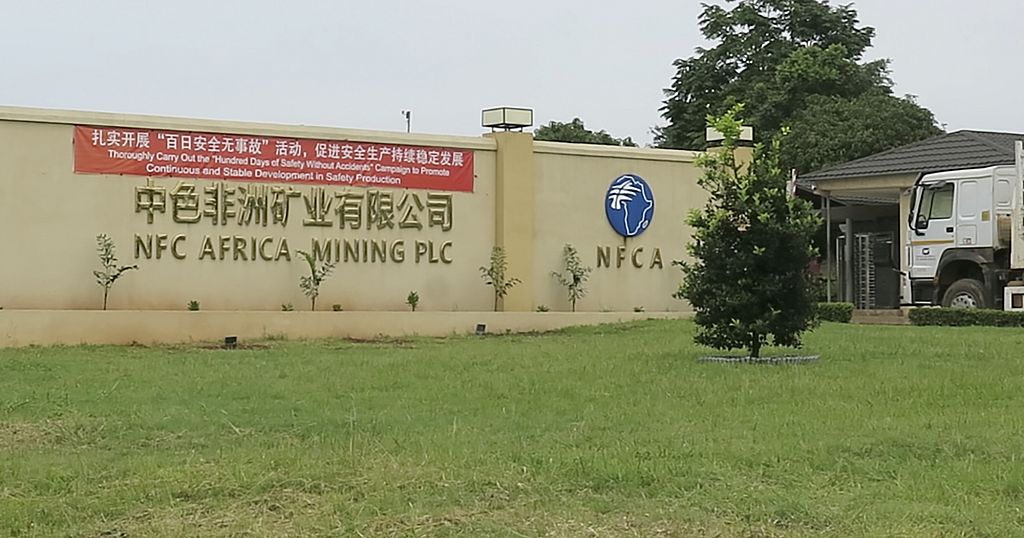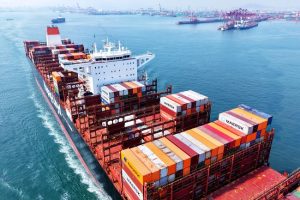A fleet of 31 electric mining trucks, designed to support sustainable resource extraction, arrived in Africa this week as part of China’s growing investments in Zambia’s copper sector. Manufactured by Chinese firm Breton Technology, the zero-emission vehicles will be operated by the African branch of state-owned China 15th Metallurgical Construction Group at a copper mining site. Officials describe the deployment as Africa’s first large-scale use of purely electric heavy-duty equipment for mining operations.
The initiative underscores China’s efforts to position itself as a leader in green mining technology, though it comes amid ongoing scrutiny of environmental practices at Chinese-run projects in the region. Breton’s trucks form part of an integrated system featuring autonomous driving capabilities, renewable energy integration, and robotic infrastructure. “This project marks a critical leap in modernizing African mining through eco-friendly innovation,” said Li Wenjie, a senior executive at China 15th Metallurgical Construction Group’s African division. The vehicles, currently en route to Durban, South Africa, will begin operations after a 20–25-day maritime journey.
Breton’s strategy head, Teng Fei, emphasized the long-term vision: “Autonomous, emission-free fleets represent the future of mining. Africa’s embrace of this model could set a global benchmark.” The move aligns with China’s $5 billion commitment to Zambia’s mining industry by 2031, aimed at boosting copper production—a critical metal for renewable energy technologies.
However, the partnership unfolds against a backdrop of environmental controversies. In February 2023, a dam breach at the Chinese-operated Sino-Metals Leach Zambia mine released 50 million liters of acidic wastewater into the Kafue River system, contaminating water sources over 100 kilometers downstream. The incident fueled local concerns about the ecological footprint of foreign-owned mining projects, despite pledges of sustainable practices.
While the electric trucks signal a shift toward lower-carbon operations, experts caution that systemic challenges remain. Zambia’s government has faced calls to strengthen oversight of mining activities, particularly in balancing economic development with community and environmental safeguards. The success of this initiative may hinge on whether advanced technology can mitigate historical tensions between industrial growth and ecological preservation in the region.


![2025 AMAS: Tyla wins Favourite Afrobeats Artist ahead of Wizkid, Tems, Rema [Full list]](https://mediatalkafrica.com/wp-content/uploads/2025/05/2025-AMAS-Tyla-wins-Favourite-Afrobeats-Artist-ahead-of-Wizkid-300x158.avif)


